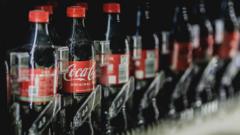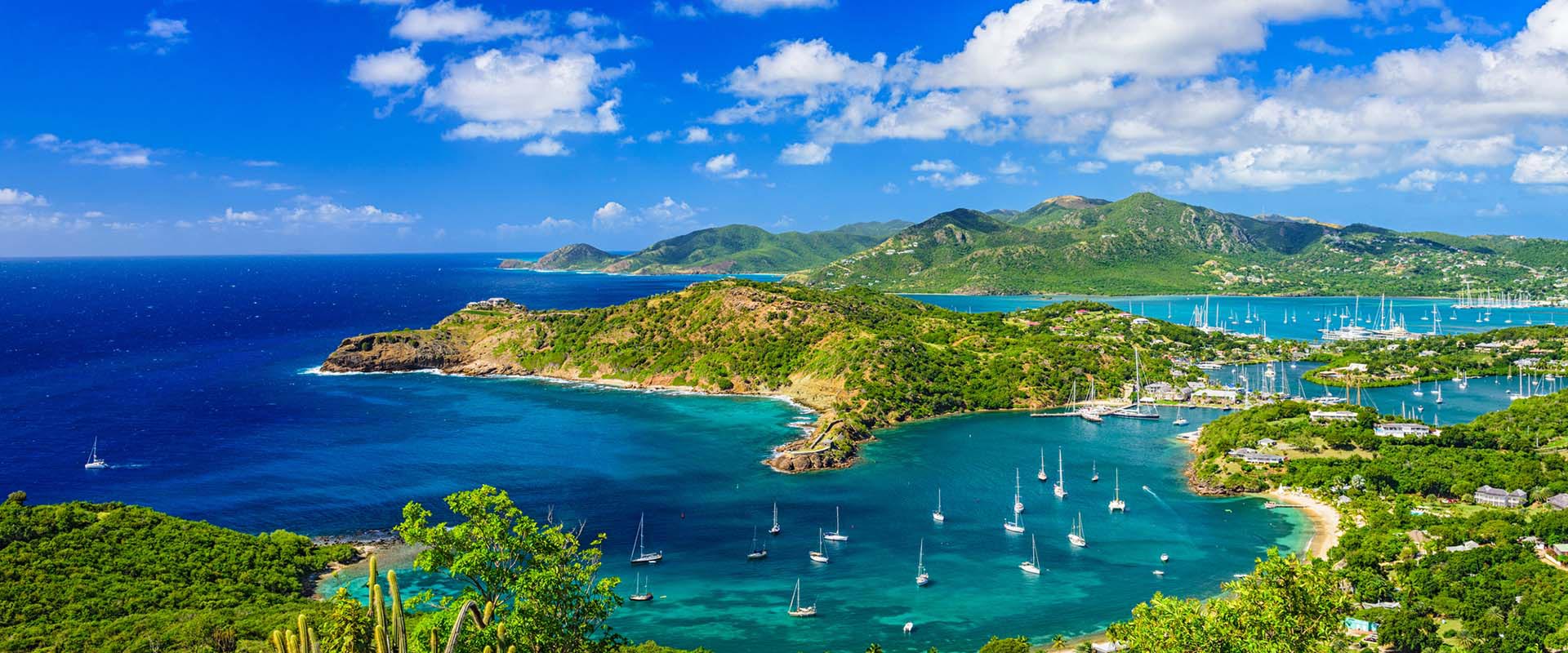Coca-Cola's Chief Executive, James Quincey, recently indicated that the beverage giant might increase its use of plastic packaging due to the potential rise in costs for aluminium cans stemming from President Trump's newly imposed tariffs. The president has enforced a 25% import tax on all steel and aluminium, leading to fears of surging prices for canned beverages across the US market.
As a result, Coca-Cola may prioritize selling more drinks in plastic bottles, a shift that contradicts recent trends toward sustainability. In December, the company adjusted its sustainability goals, reducing its target from using 50% recycled materials in packaging by 2030 to a range of 35% to 40% by 2035. This decision has drawn criticism from environmental organizations, which have labelled Coca-Cola the "top global plastic polluter" for six consecutive years.
Quincey reassured investors that should the cost of aluminium cans rise, Coca-Cola has alternative packaging options to maintain competitive prices. "For example, if aluminium cans become more expensive, we can put more emphasis on PET [plastic] bottles," he stated. He also noted that packaging represents only a small portion of the company's overall costs, attempting to downplay potential impacts from the tariffs.
Historically, Coca-Cola has leaned towards aluminium containers in its marketing strategies, largely due to their superior recyclability when compared to plastic. However, with the United States importing nearly half of its aluminium, the new tariffs could significantly escalate can production costs.
In a related recent development, Trump’s administration also signed an executive order reversing efforts to reduce plastic usage, further contributing to environmental concerns. This move overturned a previous measure by former President Joe Biden aimed at curbing plastic pollution, which Biden had called a “crisis.”



















